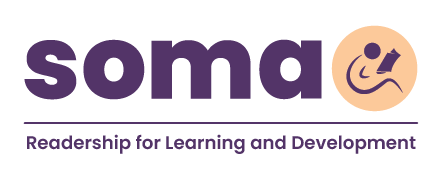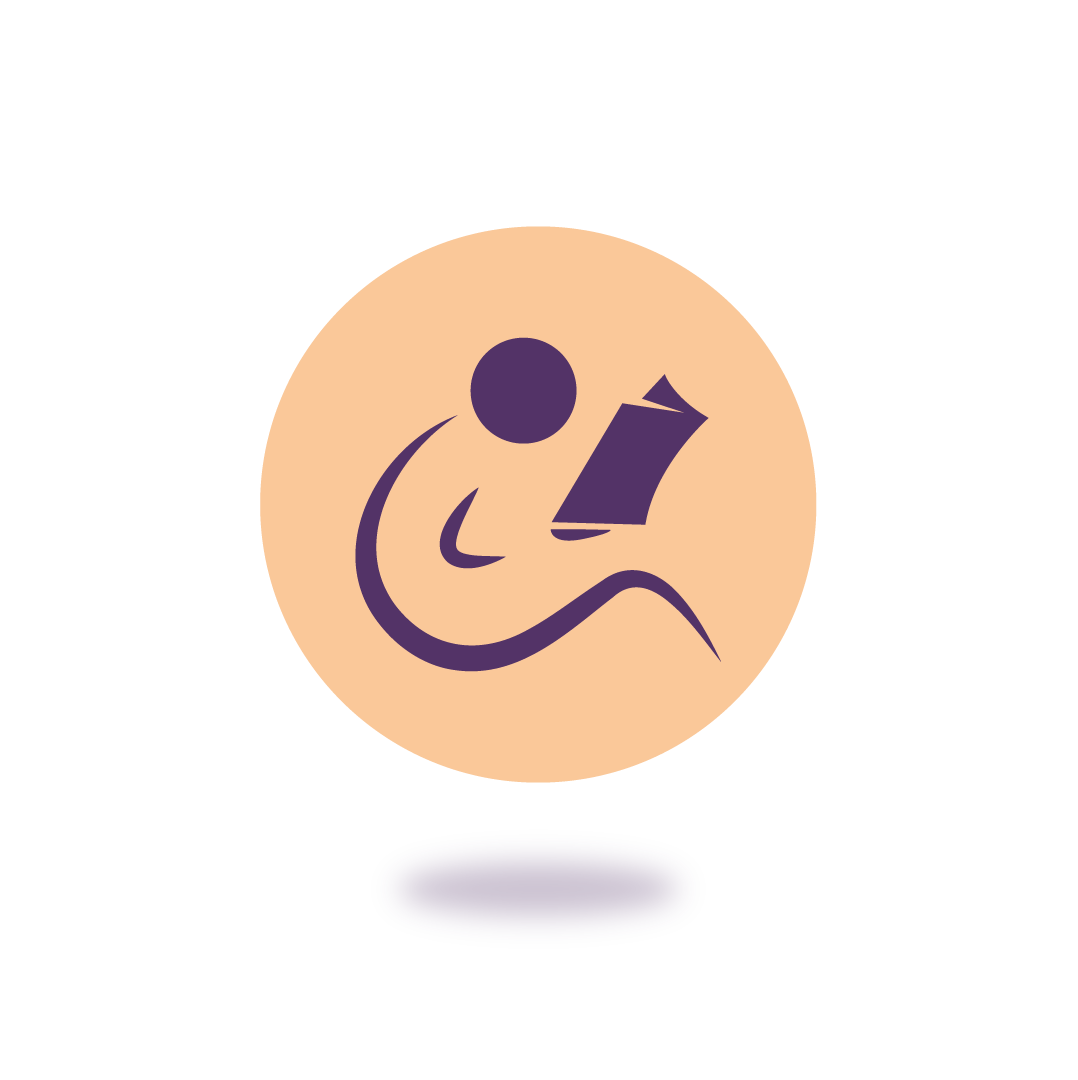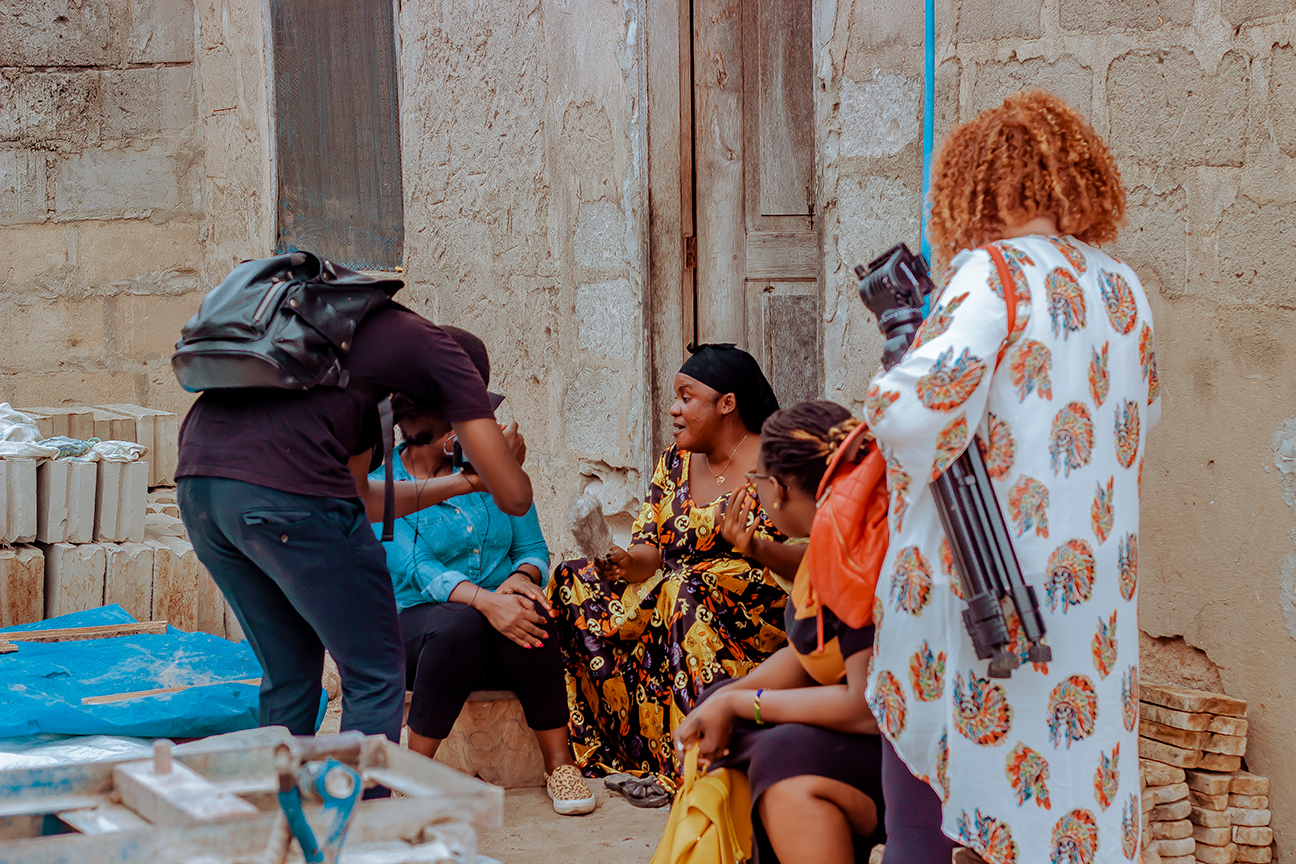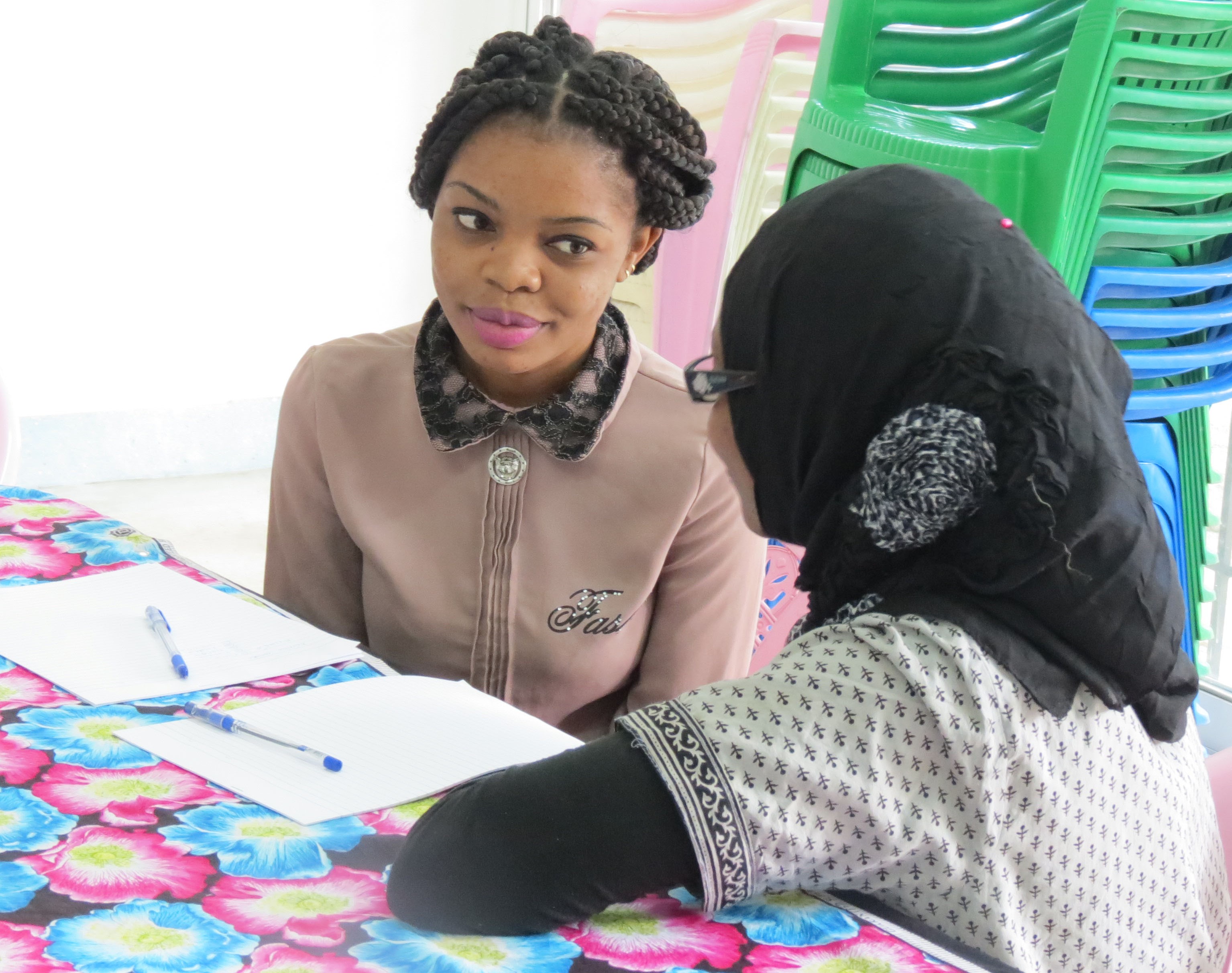Scope
The workshop took place on Saturday August 6th, 2016 at Soma Book Café and lasted seven hours. It was led by the Soma Executive Director (female) and Project Manager (male) and was attended by 6 female facilitators using a pre-prepared Facilitators Guide (see Appendix A).
Objectives
- To draw from personal experience and identify various ways in which girls and women experience unsolicited sexual advances and sextortion within society.
- To utilize their literary knowledge and experience to review, select and propose additional prompts to be used to stimulate discussion with adolescent girls in in School Level Workshops.
- To prepare a comprehensive programme for School Level Workshops with the following goals:
- Establish an understanding of unsolicited sexual advances and sextortion, their psychological impact on girls and women and their likelihood to result in or perpetuate sexual violence.
- Identify various acts of unsolicited sexual advances and sextortion through sharing of personal experiences and observations.
- Learn how to use literature as an outlet to express frustration and to condemn acts of unsolicited sexual advances and sextortion.
- To map out a process to be used to select top five literary works from outputs of School Level Workshops which will then be edited and revised during Creative Writing Workshop.
- To assign facilitating and coordination roles and responsibilities to each Facilitator in for subsequent process.
- To document the workshop through pictures and videos to be shared on social media, to be exhibited at the public event and to be archived for future use and reference.
Process and Outcomes
- Experiential learning and skills developments through moderated/facilitated personal reflection, paired buzz groups, group work and plenary presentation and interactive dialogue using prompt and teasers:
- Building rapport and sharing personal stories of their first memorable knowledge of female sexuality and the taboos surrounding it.
- Identifying words used to describe private female body parts and sexual activities (proper and slang words) and how these words are considered taboo for women to use but commonly used as swear words or to shame and insult women on the one hand; and freely used without reserve in male circles.
- Sharing personal views and experiences around unsolicited sexual advances and the negative impact on their personal life, their interactions with others and their view of society at large.
- Doing exercises on expressing those views effectively using creative writing.
- Discussing and reviewing form and content of creative writing pieces generated with focus on aesthetic ways (technique) to deliver impactful meaning to the audience.
- Map out a plan for the next steps of the project
- Forming three teams of two facilitators each and designate one team for each participating school;
- Select two types of literary genres to be used by students when expressing their views creatively (short stories and poetry were selected—these were selected because the timeframe would not allow for more extensive genres such as plays and novels. Video stories were considered to be a popular and accessible genre for this age group but accessibility to devices was doubted);
- Determine criteria for selection top 5 entries from school level workshop participants’ literary works. The following criteria was designated:
- Length: 1-2 pages’ short story or poem;
- Each writing must follow the creative writing principles for the selected genre, such as rhyme and meter for poetry; beginning, middle and ending, characterization and suspense etc. for short stories; and for both imageries and aesthetics.
- The theme must come from experiential knowledge (personal or otherwise) of unsolicited sexual advances (including sextortion) or any form of sexual exploitation and/or violence;
- The form and content must be crafted in ways that grips emotionally and captivates the audiences’ imaginings (mind and soul) thus transporting the audience into the realm of the author’s emotional journey and ultimately drive the message home.
- Refine tools and assigning tasks to each facilitator for the next workshop.






